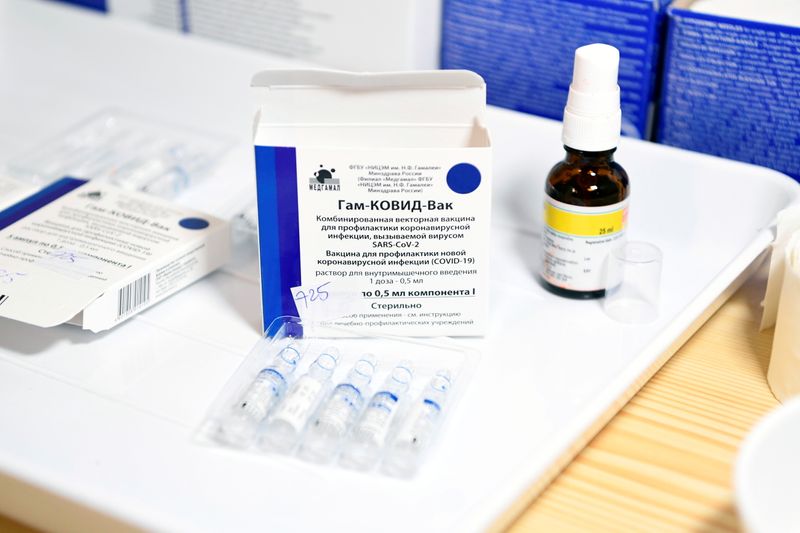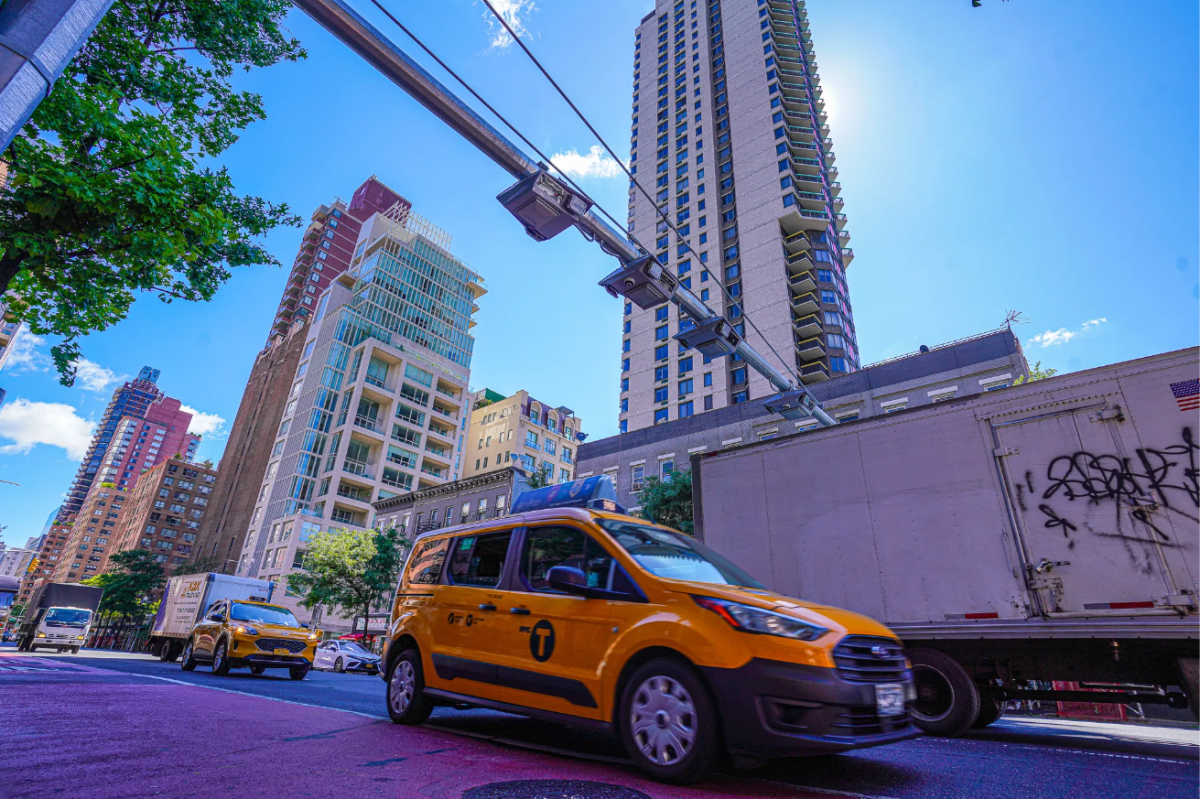BRASILIA (Reuters) – Russian vaccine developers cheered hard-won access to Brazil’s market last week, but with less than a million doses cleared for import, public health experts say the approval is more like a late-stage trial for the Sputnik V shot.
Late Friday, Brazilian health regulator Anvisa, which was under pressure from state governors and the country’s Supreme Court, ruled that states could import the Russian COVID-19 vaccine, but included some 20 strict conditions.
Those restrictions undercut the impact of the approval and echo a cautious approach to the Russian vaccine among many Western regulators, including the European Medicines Agency. Previously, Anvisa had rejected Sputnik V in April.
“What will be done is practically a reproduction of a Phase 3 study in Brazil,” said former Anvisa president Gonzalo Vecina, who did not take part in the agency’s decision. “We’ll have to do the work the Russians didn’t, the whole drug safety study.”
Brazil’s raging coronavirus outbreak has taken nearly 475,000 lives, the worst recorded death toll outside the United States, and its national immunization program has lost steam due to a lack of imported vaccines and active ingredients.
Against that dire backdrop, a consortium of Brazilian states in the poorer northeast region have booked orders for Sputnik V directly and sought import approval from Anvisa under emergency provisions of a new law, backed by Supreme Court decisions.
“The impression is that they gave approval under pressure, within the limits they could allow,” said immunologist Jorge Kalil of the University of Sao Paulo. “At least it doesn’t kill the chances of having the vaccine.”
But the agency has only allowed six northeastern states to import enough Sputnik V vaccines to inoculate 1% of their population – far from the 37 million shots states have ordered across the country.
The Russian vaccine, already in use in Latin American peers such as Mexico and Argentina, will undergo quality checks in Brazilian labs. And state health authorities must report granular data on efficacy and adverse events to Anvisa, which was not satisfied with disclosures from Russian developers.
The Russian Direct Investment Fund (RDIF), which markets the vaccine developed by Moscow’s Gamaleya Institute, did not immediately answer questions about the conditional approval.
RDIF declared on Friday via Sputnik V’s Twitter account that they had “fully answered all questions from Anvisa on the vaccine’s efficacy and safety.”
However, Anvisa’s board of directors stressed during Friday deliberations that it was stopping short of a full approval due to lingering concerns about incomplete trial data and inconsistent information about the shot’s quality and safety.
“There are still inconsistencies, but in a controlled environment we can move forward,” said a person familiar with the board’s thinking, who requested anonymity to discuss the issue. “There was progress on the paperwork and a worsening of the pandemic in the country, so there was a combination of factors.”
Still, meager initial volumes will have little impact on the pandemic and the agency’s conditions, such as lab testing, may mean no injections for the next couple months, the source said.
Anvisa’s press office did not immediately answer questions about political pressure or the timeline for the vaccine.
If Anvisa is satisfied with quality checks and safety data from controlled use in Brazil, the agency could eventually grant emergency use authorization for Sputnik V, clearing the way for more imports and application of doses produced in the country.
In the meantime, the Gamaleya Institute is expected to deliver more documentation to Anvisa, whose final decision may hinge on views of European regulators and the World Health Organization (WHO).
Among Anvisa’s conditions for allowing Sputnik V imports: Use must be suspended immediately if there is a negative finding by the WHO.
(Reporting by Lisandra Paraguassu; Editing by Brad Haynes and Aurora Ellis)


























